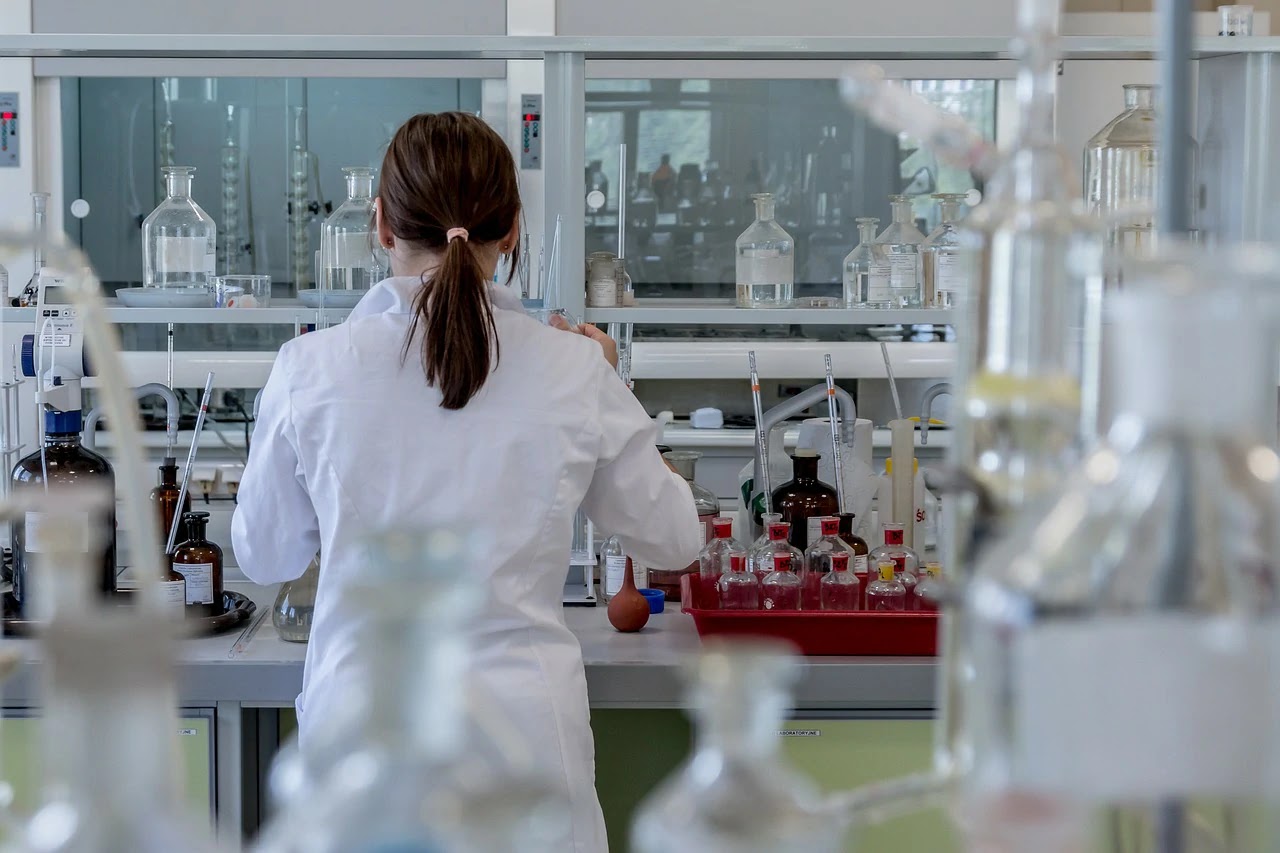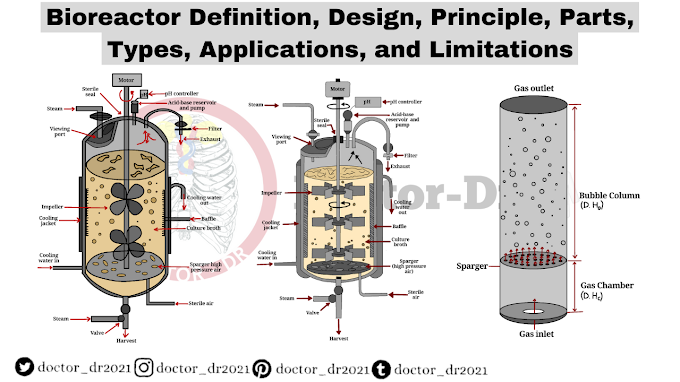Introduction:
In the field of healthcare, accurate and reliable laboratory testing is crucial for diagnosing diseases, monitoring patient health, and guiding treatment decisions. To ensure the quality of laboratory services, various systems and programs have been established. One such program is the National External Quality Assessment Scheme (NEQAS). In this blog post, we will explore NEQAS, its purpose, benefits, and how it contributes to maintaining high laboratory standards.
1. Understanding NEQAS:
NEQAS is an external quality assessment program designed to evaluate the accuracy and reliability of laboratory testing. It operates on a national or international scale and involves the distribution of blinded samples to participating laboratories for analysis. The program covers a wide range of laboratory disciplines, including clinical chemistry, hematology, microbiology, immunology, and molecular diagnostics.
2. Objectives of NEQAS:
The primary objectives of NEQAS are:
a) To assess the analytical performance of laboratories.
b) To identify areas of improvement and provide feedback to participating laboratories.
c) To promote standardization and harmonization of laboratory practices.
d) To enhance the accuracy and reliability of laboratory test results.
e) To support continuous professional development and education of laboratory staff.
3. The NEQAS Process:
a) Sample Distribution: NEQAS distributes blinded samples to participating laboratories, mimicking real patient samples. The samples are accompanied by a set of instructions and information about the tests to be performed.
b) Analysis and Reporting: Laboratories perform the tests and provide their results to NEQAS within a specified timeframe. The results are then compared with target values or consensus results.
c) Evaluation and Feedback: NEQAS evaluates the laboratory results and provides feedback to the participants, highlighting any discrepancies or areas requiring improvement. This feedback helps laboratories identify and rectify issues, ensuring continuous quality improvement.
4. Benefits of NEQAS:
a) Quality Assessment: NEQAS provides an independent and objective assessment of laboratory performance, ensuring the accuracy and reliability of test results.
b) Performance Comparison: Participating laboratories can compare their performance with other laboratories, identifying areas where they excel or need improvement.
c) Standardization: NEQAS promotes the use of standardized methods and procedures, minimizing variations between laboratories and enhancing comparability of results.
d) Education and Training: Through NEQAS, laboratory staff can enhance their knowledge and skills by participating in proficiency testing exercises, receiving feedback, and accessing educational resources.
e) Accreditation Support: NEQAS participation can be beneficial for laboratories seeking accreditation, as it demonstrates their commitment to quality and external quality assessment.
5. NEQAS and Patient Care:
Accurate laboratory testing plays a vital role in patient care. NEQAS contributes to patient safety and better outcomes by ensuring that laboratory results are reliable and consistent across different testing facilities. When laboratories participate in NEQAS, healthcare professionals and patients can have confidence in the accuracy of diagnostic and monitoring tests, leading to improved clinical decision-making.
Conclusion:
NEQAS is a valuable program that plays a significant role in maintaining high laboratory standards and ensuring the accuracy of test results. Through external quality assessment, NEQAS promotes continuous quality improvement, standardization, and professional development within the laboratory community. By participating in NEQAS, laboratories contribute to patient safety and the delivery of quality healthcare services.






